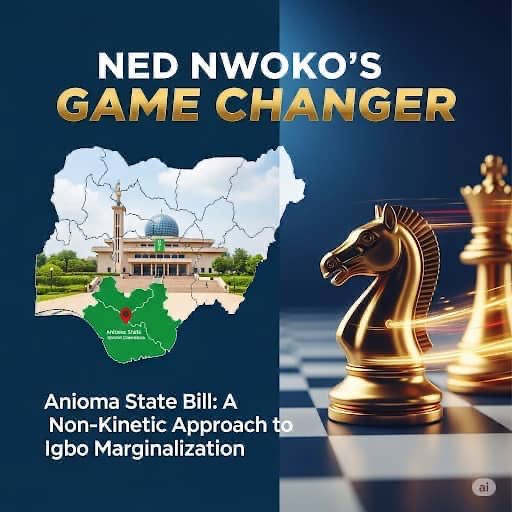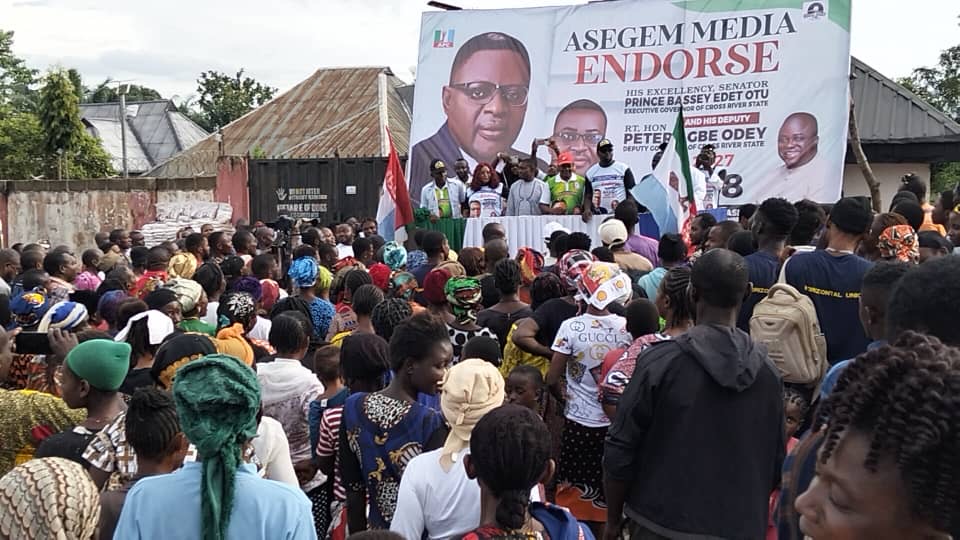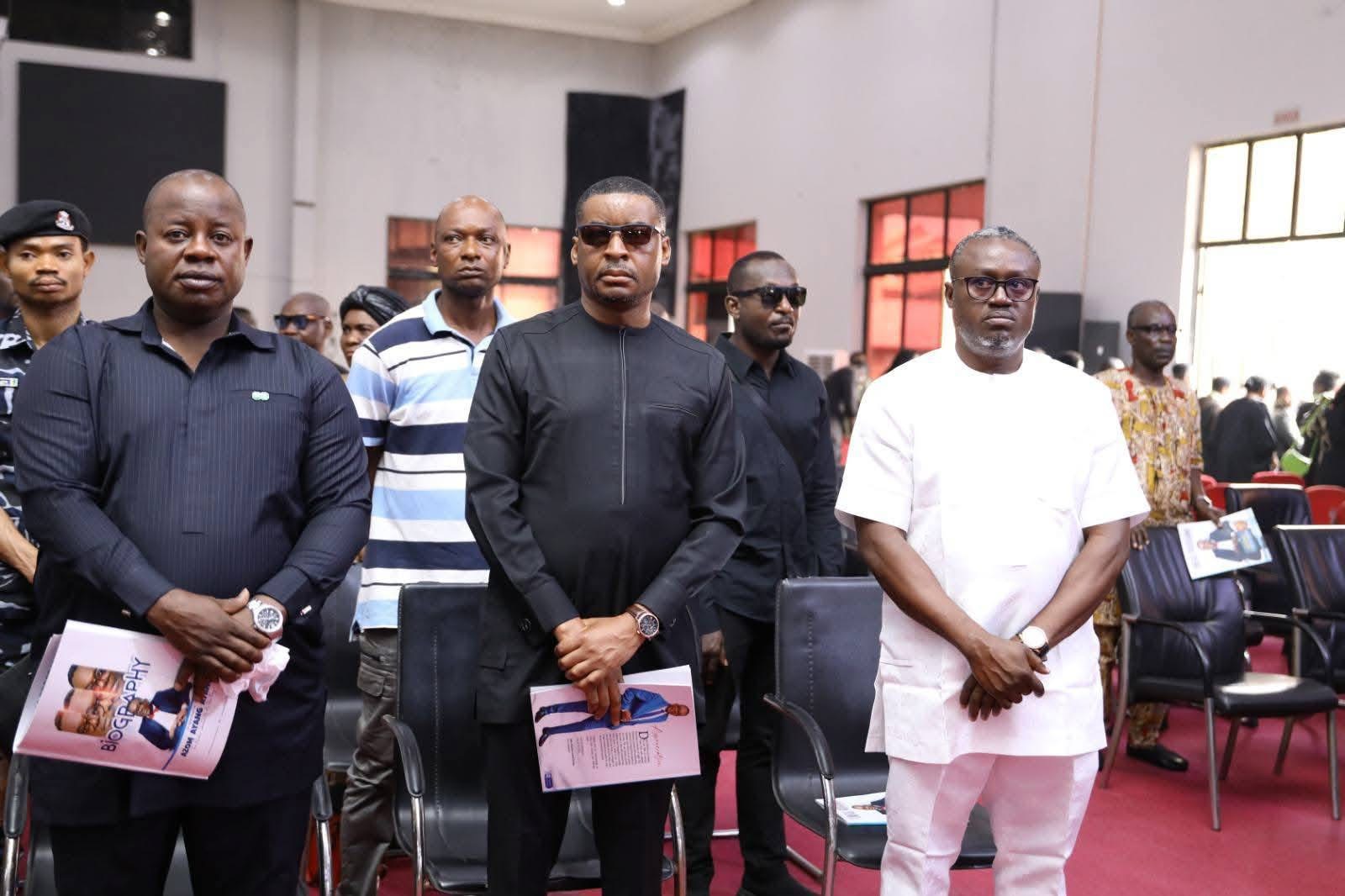In what political observers are describing as one of the most visionary legislative interventions in recent years, Senator Prince Ned Munir Nwoko, representing Delta North Senatorial District, has introduced the Anioma State Bill to the National Assembly. The bill presents a non-kinetic, dialogue-driven approach to resolving the deep-rooted issue of Igbo marginalization in Nigeria’s political framework.
The proposal seeks the creation of Anioma State from the present Delta North Senatorial District. This move would constitutionally complete the six-state structure of the South-East geopolitical zone, bringing it on par with other zones of the federation. Senator Nwoko argues that this is not merely a matter of administrative adjustment, but an overdue corrective measure that restores equity, strengthens unity, and fosters national cohesion.
For decades, the South-East geopolitical zone has operated with five states, unlike most other zones that enjoy six. This imbalance has translated into fewer senatorial seats, reduced representation in the House of Representatives, fewer federal appointments, and diminished resource allocation, factors that have collectively deepened feelings of exclusion and marginalization among the Igbo people.
Senator Nwoko’s Anioma State Bill is designed as a peaceful, legislative answer to this long-standing grievance. By creating Anioma State with Asaba envisioned as its capital, the bill would not only bridge the geopolitical gap but also unlock significant opportunities for development, infrastructure expansion, and political inclusion across the region.
Supporters of the bill have hailed it as a “game changer” for Nigerian unity, noting that it blends constitutional reform with strategic diplomacy rather than confrontational agitation. Political analysts point out that the Anioma State proposal could also serve as a national model for resolving other structural imbalances without resorting to protests or unrest.
Senator Nwoko has consistently argued that the bill transcends ethnic politics, positioning it as a win-win for all Nigerians by promoting fairness, stability, and economic integration. He has also linked the creation of Anioma State to broader economic goals, including attracting investments, boosting tourism, and transforming Delta North into a hub for education, sports, and commerce.
“Anioma State is not just about correcting an imbalance,” Senator Nwoko stated during one of his advocacy sessions. “It is about building a stronger Nigeria where no group feels left behind. Through constitutional means, we can achieve justice, inclusion, and unity without violence or division.”
The bill is now before the National Assembly, where debates are expected to intensify in the coming months. Many believe its passage would be a historic milestone not only for Anioma and the South-East but for the principle of fairness in Nigeria’s federal structure.










